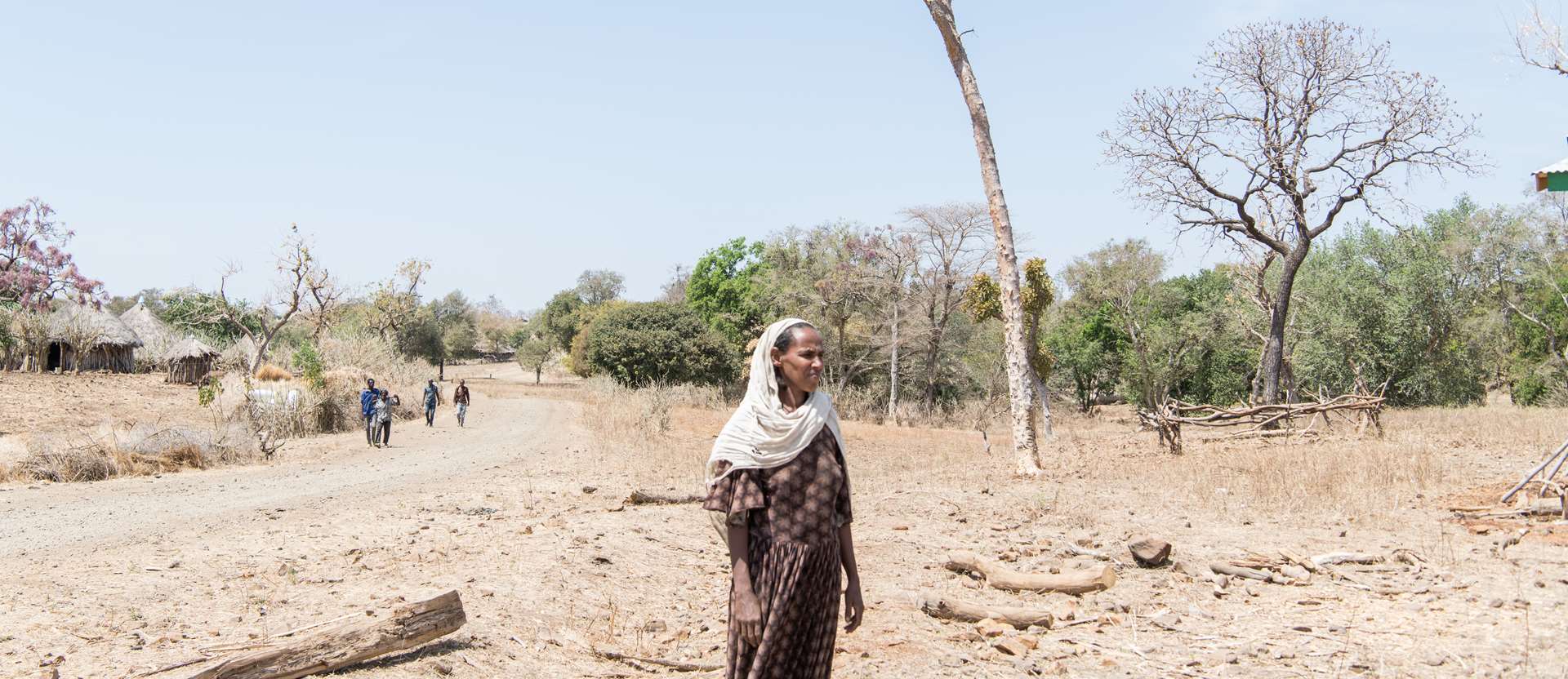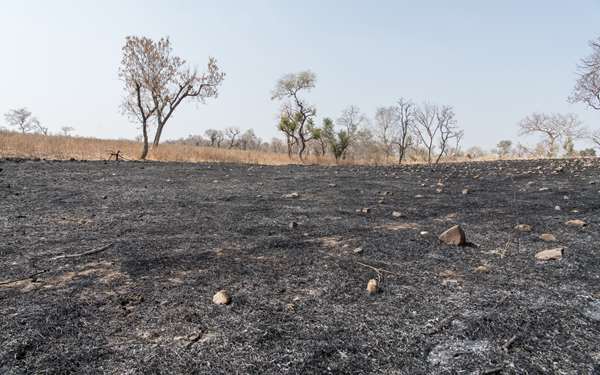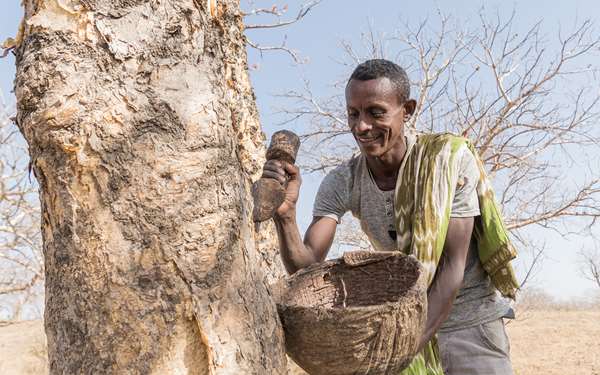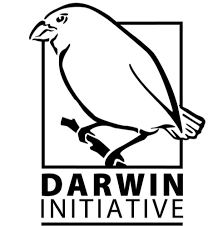
Developing Rural Resilience
Continuing our work to protect Metema's frankincense forestWhy is this project needed?
In northern Ethiopia, temperatures are rising, trees are disappearing, land is becoming infertile and the desert is spreading. The Metema forest in Ethiopia is in the last green belt before the start of the desert. Without action, it will be on the brink of extinction in just 20 years.
The climate crisis, high rates of tree felling, forest fires and unsustainable tapping for frankincense, is stopping the frankincense forest from regenerating. This will have a devastating impact on communities who rely on the forest for food and income. There will be no buffer between them and the encroaching desert.


Our aims
- To increase farmland productivity, reducing the need for further agricultural expansion into woodlands
- To improve and inform sustainability of frankincense harvesting and increase the health of Boswellia frankincense trees
- To provide tools and training to local enterprises, improving the quality of the frankincense resin they produce
- To increase incomes of 360 households, by establishing 18 Village Tree Enterprises (VTEs), to sell sustainably sourced forest products, such as frankincense and honey. This will allow local people to diversify and improve their incomes, whilst incentivising sustainable use of the forest.
Why frankincense?
The Metema forest is particularly special because of its frankincense trees which are a lifeline for local communities. In this part of Ethiopia, they provide up to 30% of household income for the families who sell their resin which is used as incense and in essential oils around the world.
While frankincense trees can provide a vital source of income, unsustainable practices used to extract the resin, are putting their future at risk. That's why, through this project we are supporting communities with the tools and training they need to sustainably use frankincense trees and protect them for the future.

Shining a light on the work of our project partners:
This project has additional partners both in the UK and in Ethiopia, including Forest Research, Swansea University, Ethiopian Biodiversity Institute (EBI) and the Ethiopian Environment and Forest Research Institute (EFFRI). Details of each partner and their role as follows:
- Forest Research will assist remote sensing analysis, providing data on the condition and distribution of frankincense trees. This will help support conservation efforts and allow for the development of PFMC management plans for the Participatory forest management cooperatives [PFMCs].
- Forest Research will also facilitate the co-designing of a methodology to map and measure the gendered impacts of the project for households and the communities, and the environment.
- Swansea University will help to create risk maps, providing a complete picture of the environment the frankincense are growing, including climate and environmental conditions (g. bushfires) and vegetation assessment. Using time-series remote sensing and GIS analysis, these maps will be incorporated into forest management plans. To build local capacity, training and results on GIS and remote sensing will be provided to government and project staff.
- The Ethiopian Institute of Biodiversity (EBI) will conduct field studies, including a forest inventory of available forest resources. A site will be identified and demarcated to establish an conservation area with high biodiversity potential for protection. Following project completion, this site will be given to local authorities for long-term protection.
- Ethiopian Forest Department (Formerly known as EEFRI) will undertake an analysis comparing local Ethiopian tapping techniques to an improved method used in India, which has potential to improve harvesting. 240 tappers will receive training and equipment, to become familiar and proficient enough to adopt this new technique.
- University of Gondar (UoG) will lead training for 2,250 farmers (all PFMC members) on climate-smart agriculture practices, such as agroforestry, sustainable grazing practices and improved water management.
About the PFMC management plans:
These community forest management plans will help guide frankincense tappers from each on which areas have been placed under increased protection and which are available for tapping. This framework to regulate tapping frequencies will greatly reduce tree damage.
Our progress: April to September 2022
Promoting effective forest governance
Training on cooperative management was organised for 63 PFMC leaders and attendeesfrom local government, to grow understanding of their forest management roles, rights, and responsibilities, as well as other skills such as financial management, auditing and marketing.
100% of attendees reported gaining new skills which would help the functioning of their cooperatives and record keeping of their transactions and meetings.
Sustainable harvesting and regeneration techniques
- Following field data collection, the EBI has selected their in-situ conservation site in Das Gundo forest. It will be handed to the local government after the end of the project and will form one of the governments biodiverse sites across the country. EBI have created a management plan for the site which will be followed throughout the project too.
Comparative tapping analysis
- 2 sites have been identified to conduct this analysis compared the improved Indian tapping method with traditional methods. 60 trees per site have been selected and their locations recorded.
- A training manual on the Indian tapping method has been prepared in Amharic. 300 copies will be printed and distributed to trainees and collaborating experts ahead of the training. The Ethiopian Forest Department (formerly known as EFFRI) is leading on the design and production of 250 Indian tapping tools to be distributed to trainees
Improving farmland productivity
- 1050 mango seedlings for use in agroforestry have been distributed to 179 selected farmers across seven PFMC sites
- Climate-smart agriculture training materials have been prepared and translated, which will be distributed to PFMC members in early 2023.
VTE Enterprise Groups:
- 6 beekeeping VTEs have been set up, with 74 beekeeping members - who have received training on husbandry and honey production
Our partners
This project has been made possible with match funding from the UK government grant scheme, the Darwin Initiative. We are working with our local partner, SUNARMA, to implement this project.

